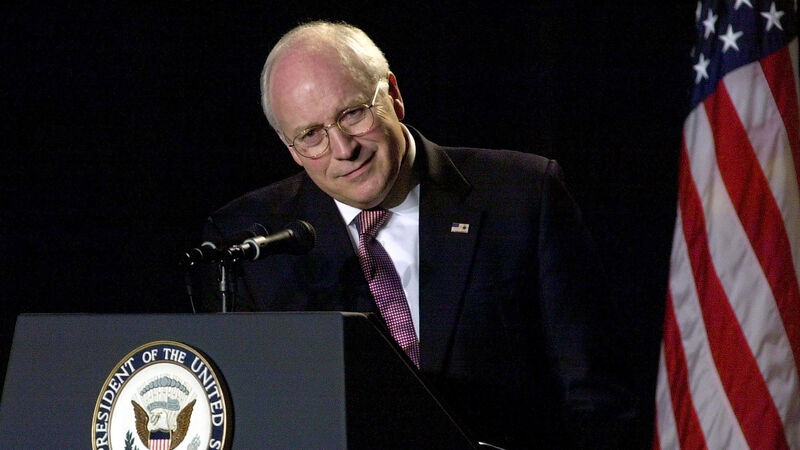'A loss to the nation': Former US vice president Dick Cheney dies aged 84

Former US vice president Dick Cheney. File picture: AP Photo/Bill Haber
The former White House chief of staff, congressman, secretary of defense and US vice president Dick Cheney has died, his family has said. He was 84.
Mr Cheney was one of the country’s most powerful vice presidents, widely reported to wield great influence over the less experienced George W Bush, the president under whom he served.














